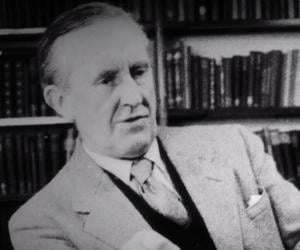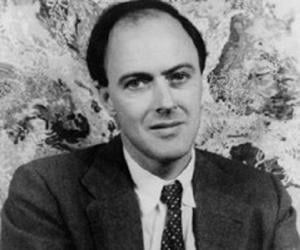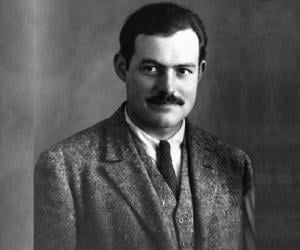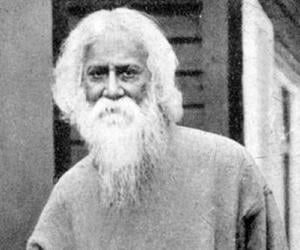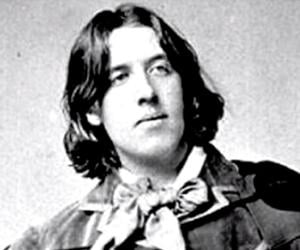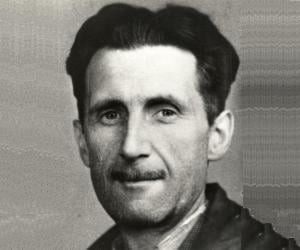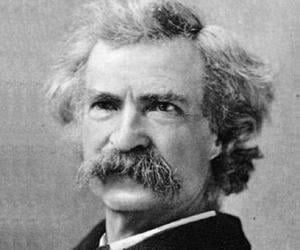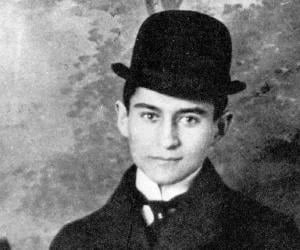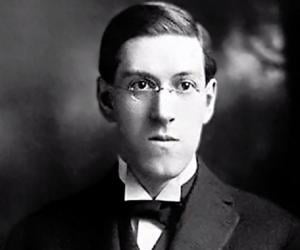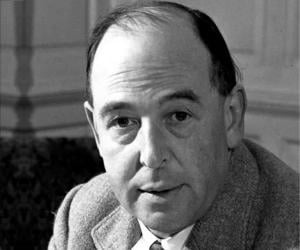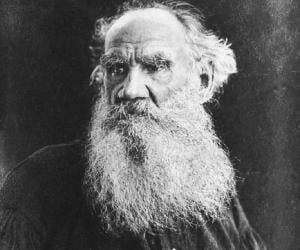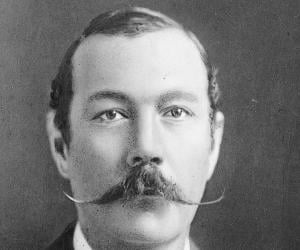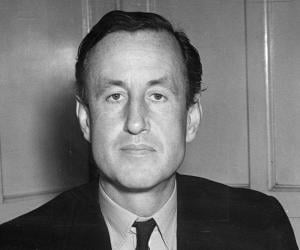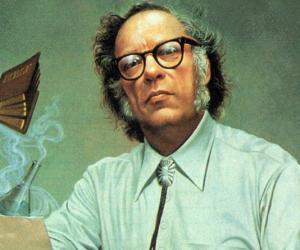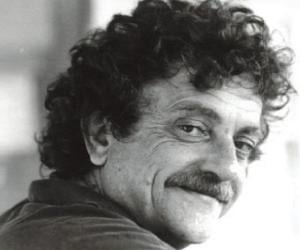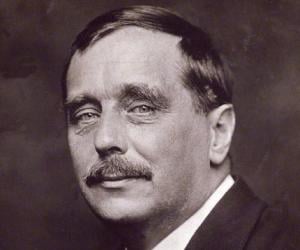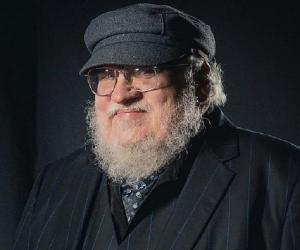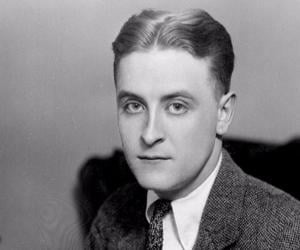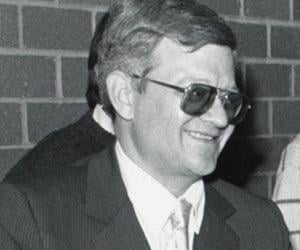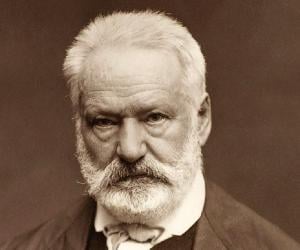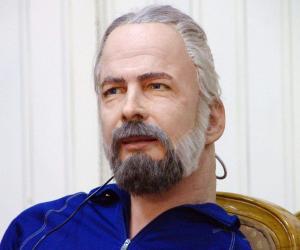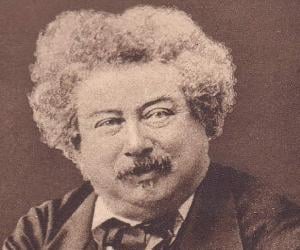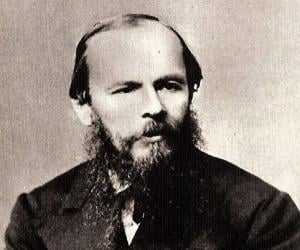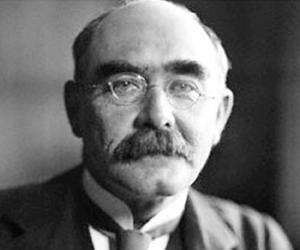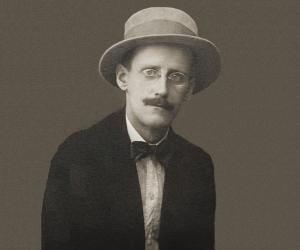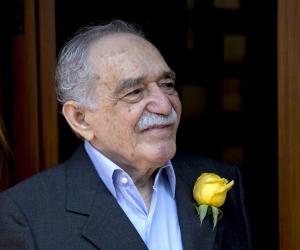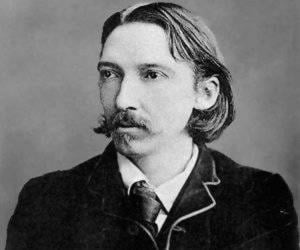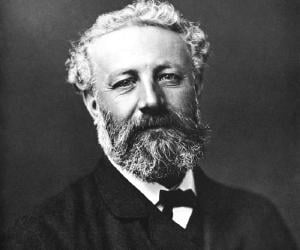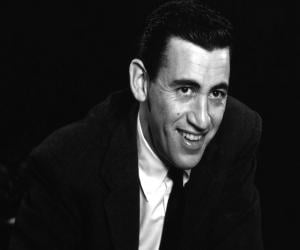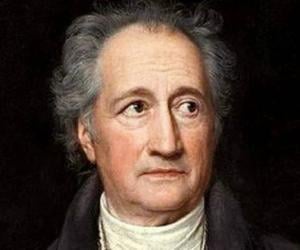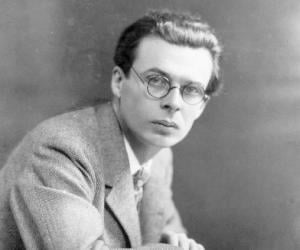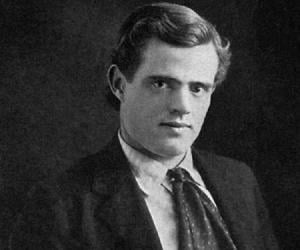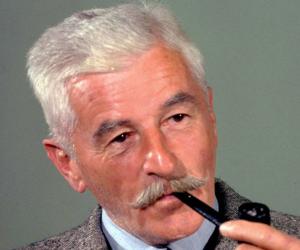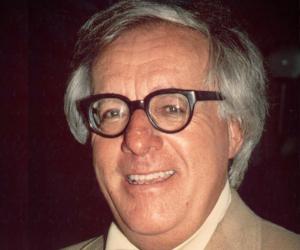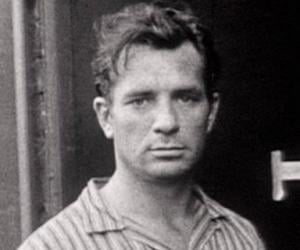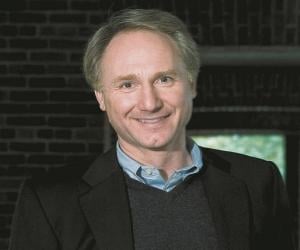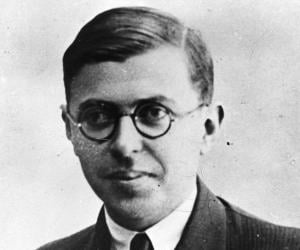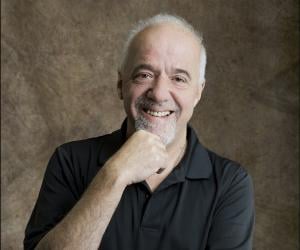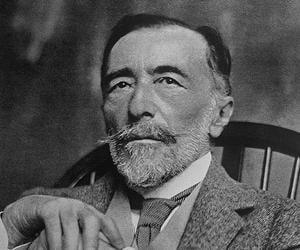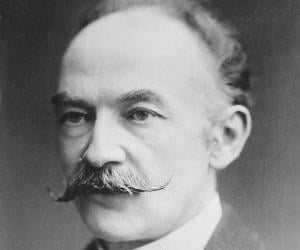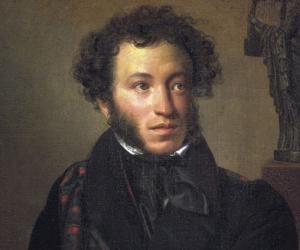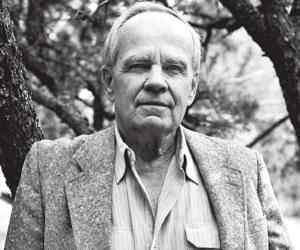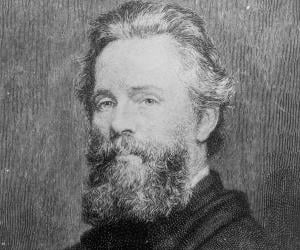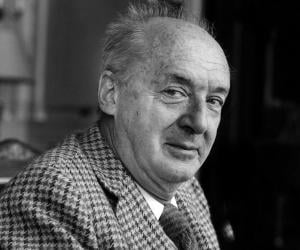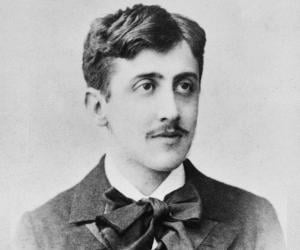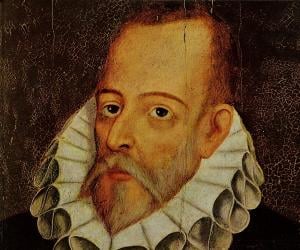Considered one of the greatest authors, JRR Tolkien is popularly called the father of the modern fantasy literature. He is best known for his high fantasy classic works The Hobbit and The Lord of the Rings, which is set in a conceived world called the Middle-Earth. Many years after his death, Tolkien continues to be one of the best-selling writers.
British writer, Roald Dahl, is considered as one of the greatest children’s authors. He is one of the best-selling authors of all-time and had a career spanning decades. Charlie and the Chocolate Factory, James and the Giant Peach, The Witches, The Twits and Matilda are some of his classic works. He also wrote short stories and novels meant for adults.
Ernest Hemingway was an American novelist and short-story writer who had a strong impact on 20th-century fiction. He published seven novels and six short-story collections and won the Nobel Prize in Literature in 1954. A Farewell to Arms, For Whom the Bell Tolls and The Old Man and the Sea are some of his classic works. He ended his own life in July 1961.
Rabindranath Tagore was an Indian polymath who contributed greatly to the fields of literature, art, and philosophy. Referred to as the Bard of Bengal, Tagore is credited with reshaping Bengali literature and music. The first non-European to receive the Nobel Prize in Literature, Tagore is also credited with composing the national anthems of India and Bangladesh.
Widely regarded as one of the most popular writers of all time, Oscar Wilde is best remembered for his plays and epigrams. He was also one of the best-known personalities during his time as he was popular for his conversational skills, flamboyant dressing sense, and biting wit. Imprisoned in 1895 for consensual homosexual acts, Oscar Wilde was pardoned posthumously in 2017.
The king of dystopia and satire, George Orwell, the pen name adopted by Eric Arthur Blair, was a well-known novelist and critic of the 20th century. A man with a strong mind of his own, Orwell never backed down from stating his views on the socio-political climate he lived in, which he expressed profusely through his influential essays and novels.
Mark Twain, “the father of American literature,” was one of the world’s greatest 19-th century humorists and authors. His novels The Adventures of Tom Sawyer and the Adventures of Huckleberry Finn were drawn from his childhood experiences in Missouri. In his later life, he sunk into bankruptcy and also recovered.
Considered one of the major authors of the 20th century, Franz Kafka was a Bohemian short-story writer and novelist. Franz Kafka is credited for being one of the earliest German-speaking authors to explore themes like absurdity, existential anxiety, and alienation. The term Kafkaesque is now widely used in the English language to explain those situations experienced by his characters.
HP Lovecraft was a writer of weird and horror fiction and is known for his creation of Cthulhu Mythos, which has inspired a large body of games and music. His stories focused on his interpretation of humanity's place in the universe. He was virtually unknown during his lifetime, but is now considered a significant 20th-century author of supernatural horror fiction.
C. S. Lewis was a British writer whose books have sold millions of copies worldwide after having been translated into over 30 languages. His works, such as The Chronicles of Narnia, have inspired the works of other famous authors. Lewis' work continues to attract readership and he was ranked 11th on The Times' 50 greatest British writers since 1945 list.
Russian writer, Leo Tolstoy, is widely considered as one of the greatest authors ever. After experiencing a profound moral crisis in the 1870s, Tolstoy went through a phase of spiritual awakening, which had a great impact on his subsequent works that incorporated ideas on nonviolent resistance. These works influenced personalities like Mahatma Gandhi, thereby effectively changing the course of history.
Ian Fleming was a British writer, naval intelligence officer, and journalist. Fleming is credited with creating one of the most popular characters of all time, James Bond. His James Bond series of novels have sold more than 100 million copies, making them one of the best-selling fictional book series in history. Jamaica’s Ian Fleming International Airport is named after him.
Isaac Asimov was an American writer. Best known for his science fiction works, Asimov was regarded as one of the Big Three writers along with Arthur C. Clarke and Robert A. Heinlein. Asimov is credited with influencing most sci-fi writers since the 1950s. Nobel Prize winner Paul Krugman stated that one of Asimov's works inspired him to take up Economics.
Science-fiction author Kurt Vonnegut is best remembered for the novel Slaughterhouse-Five, which became a New York Times bestseller. The Hugo Award-winner had also fought against the Germans in World War II and expressed his anti-war and atheist views through his works, which also include short stories, plays, and autobiographical works.
H. G. Wells was an English writer. Although he was prolific in many genres, he is best remembered for his work on sci-fi novels, for which he is often referred to as the father of science fiction. His 1901 novel The First Men in the Moon became so influential that a lunar impact crater is named after him.
Novelist, essayist, screenwriter, and short-story writer F. Scott Fitzgerald is widely regarded as one of the greatest American writers of the 20th century. However, he wasn’t much popular during his lifetime. His works gained international acclaim only in the years following his untimely death at 44. Many of his works have been adapted into films.
Victor Hugo was a French poet, dramatist, and novelist of the Romantic movement. Regarded as one of the best-known and greatest French writers of all time, Victor Hugo wrote abundantly during his career that spanned over six decades. Thanks to his works, such as Hernani and Cromwell, Victor Hugo was one of the leading figures of the Romantic literary movement.
Philip K. Dick was an American writer who was known for his work that explores varied social and philosophical themes. Dick's novels have inspired films like Blade Runner, Total Recall, Minority Report, and The Adjustment Bureau. In 2005, his novel Ubik was included in Time magazine's list of 100 greatest novels published in English since 1923.
One of the most widely read French authors of all time, Alexandre Dumas was prolific in several genres. He joined the army as a young man and later became a full-time writer. Starting his writing career as a playwright, he moved on to writing novels. His novels have been adapted into nearly 200 films in the past century.
English journalist, short-story writer, poet, and novelist Rudyard Kipling is best remembered for his fiction work The Jungle Book. He was born in India and many of his works are inspired by his life in the country. He was one of the most popular English writers in the late 19th and early 20th century.
James Joyce was an Irish novelist, poet, teacher, short story writer, and literary critic. Widely considered one of the 20th century's most important and influential writers, James Joyce contributed immensely to the modernist avant-garde movement. Joyce's work has influenced several scholars and writers, such as Jorge Luis Borges, Salman Rushdie, Seán Ó Ríordáin, Flann O'Brien, John Updike, and Cormac McCarthy.
Nobel Prize-winning Colombian author Gabriel Garcia Marquez, also known as “Gabo,” is remembered as one of the most prominent figures of the magic realism literary style. His novels One Hundred Years of Solitude and Love in the Time of Cholera have achieved cult status. He previously worked as a journalist.
Robert Louis Stevenson was a Scottish travel writer, poet, and novelist. A popular writer in his lifetime, Stevenson went about traveling widely and writing prolifically even as he suffered from bronchial trouble; his will power and love for writing won the hearts of many other writers. In 2018, he was ranked as the world's 26th-most-translated author.
Regarded as the greatest literary figure in Germany's modern era, Johann Wolfgang von Goethe was a statesman and writer. Apart from writing poetry and prose, he also wrote treatises on color, anatomy, and botany. Thanks to his literary genius, Goethe was made part of the Duke's privy council in Weimar and he implemented several reforms at the University of Jena.
English writer and philosopher Aldous Huxley wrote countless books, including novels, short stories, non-fiction, and poems. He is best remembered for his science-fiction novels Brave New World and Island. The seven-time Nobel Prize nominee was also a Companion of Literature of the Royal Society of Literature and a Vedanta believer.
Jack London was an American novelist, social activist, and journalist. A pioneer of American magazines and commercial fiction, London was one of the first authors from the US to become an international celebrity. His life and work inspired several films, such as the 1943 movie Jack London and 1980 film Klondike Fever. He was also portrayed in several TV series.
Dan Brown is an American author best known for writing a series of Robert Langdon novels; three such novels, namely The Da Vinci Code, Angels & Demons, and Inferno, have been made into films, with Tom Hanks portraying Robert Langdon in all three movies. Also known for his charity work, Dan Brown donates money to several charitable causes.
Jean-Paul Sartre was a French philosopher, writer, literary critic, and political activist. One of the most important personalities in the philosophy of phenomenology and existentialism, Sartre played a crucial role in 20th-century French philosophy. His work continues to influence literary studies, post-colonial theory, sociology, and critical theory. He was honored with the 1964 Nobel Prize in Literature.
Brazilian novelist Paulo Coelho is best known for his iconic novel The Alchemist, which has been translated into about 70 languages. He was once sent to a mental institution by his parents for not following the usual career path. He dropped out of law school and became a hippie later.
Joseph Conrad was a Polish-British writer. Considered one of the greatest English-language novelists of all time, Conrad is credited with bringing a non-English sensibility into English-language literature. Many of his works have inspired several films, TV series, and video games. His anti-heroic characters and narrative style have influenced many authors like Salman Rushdie, F. Scott Fitzgerald, and T. S. Eliot.
Herman Melville was an American short story writer, novelist, and poet. One of his best-known works, Moby-Dick is widely regarded as one of the great American novels, although it did not garner much attention during his lifetime. Livyatan melvillei, a species of an extinct sperm whale, which was discovered in 2010, was named in his honor.
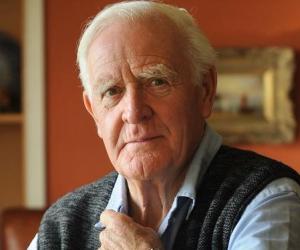
Eighteenth-century essayist, poet, and pamphleteer Jonathan Swift is remembered for his iconic works such as A Tale of a Tub, A Modest Proposal, and Gulliver's Travels. One of the world’s greatest satirists, he gave rise to the deadpan Swiftian style. He had also been the Dean of St. Patrick's Cathedral.
Marcel Proust was a French novelist, essayist, and critic best known for writing the world-renowned novel In Search of Lost Time, which was published between 1913 and 1927 in seven parts. Many writers and critics regard him as one of the 20th century's most influential and important authors.
Miguel de Cervantes was a Spanish writer best known for his work Don Quixote, which is considered one of the high points of world literature. He is regarded as one of the greatest novelists of all time and the greatest writer to ever write in the Spanish language. His works have influenced other works of art like music and paintings.
